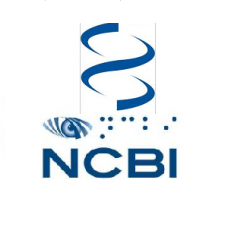ABSTRACT
This article provides an overview of the federal requirements related to providing interpreter services for non-English–speaking patients in outpatient practice. Antidiscrimination provisions in federal law require health programs and clinicians receiving federal financial assistance to take reasonable steps to provide meaningful access to individuals with limited English proficiency who are eligible for or likely to be encountered in their health programs or activities. Federal financial assistance includes grants, contracts, loans, tax credits and subsidies, as well as payments through Medicaid, the Children’s Health Insurance Program, and most Medicare programs. The only exception is providers whose only federal assistance is through Medicare Part B, an exception that applies to a very small percentage of practicing physicians. All required language assistance services must be free and provided by qualified translators and interpreters. Interpreters must meet specified qualifications and ideally be certified. Although the cost of interpreter services can be considerable, ranging from $45-$150/hour for in-person interpreters, to $1.25-$3.00/minute for telephone interpreters, and $1.95-$3.49/minute for video remote interpreting, it may be reimbursed or covered by a patient’s Medicaid or other federally funded medical insurance. Failure to use qualified interpreters can have serious negative consequences for both practitioners and patients. In one study, 1 of every 40 malpractice claims were related, all or in part, to failure to provide appropriate interpreter services. Most importantly, however, the use of qualified interpreters results in better and more efficient patient care.








